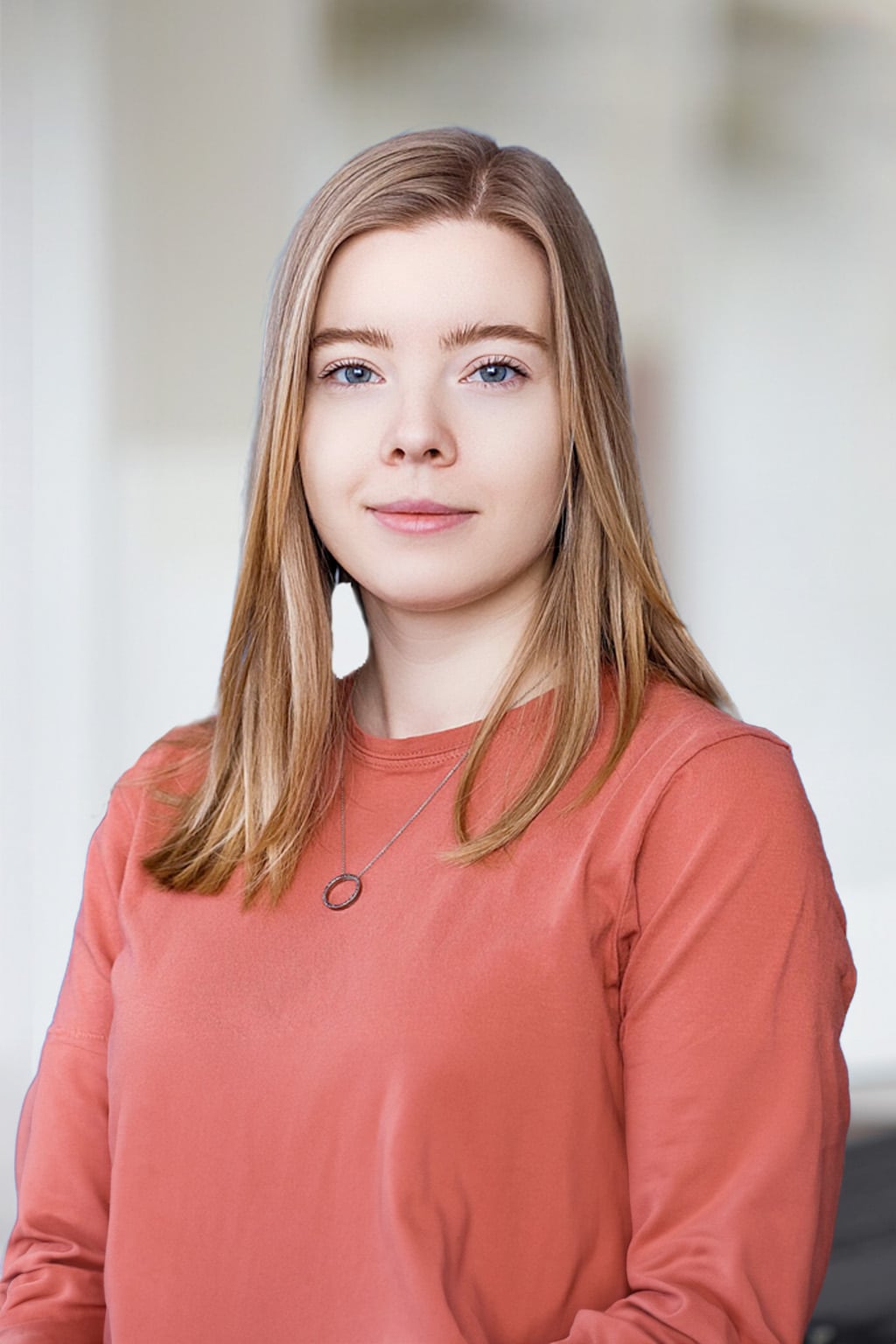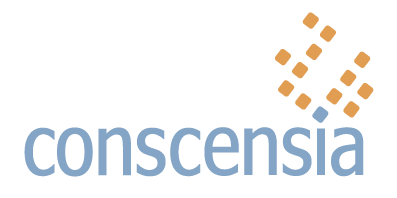Meet our people

Meet Olha
Name: Olha
Position: Team lead and backend developer
Age: 32
Education: Masters Degree in Applied Mathematics
Residence: Lviv in Ukraine
Interests: I like travelling, hiking, running in the summer and snowboarding in the winter – anything that can keep me entertained and where I can see great landscapes and views.
Joined Conscensia: 2015
Olha Ivankiv, Team Lead and Backend developer at Conscensia, shares her career path and thoughts on what has changed for women in Ukrainian IT
Diversity of all kinds is an important point for successful business nowadays. Studies say that gender-diverse businesses are 48% more likely to outperform their competitors who haven’t incorporated diversity as a part of their culture. There is still a long way to go. Deloitte Global states that the number of women in tech has increased only by 2% in 2022, compared to 2019. In 2022 the female presence was about 33% in large tech enterprises. In Ukraine, about 23% of IT specialists are women. Yet, the IT sector here made a huge shift toward gender balance, as in 2012 there were only 7% of women.
How did you get into IT? Why did you choose this profession?
I have been working as a programmer for over 10 years. I studied applied mathematics at Lviv National University, so IT is my primary specialization. I started working at the end of my third university year. I never planned to start working so early but it happened by coincidence when I impulsively sent my CV to several IT companies.
What was the beginning of your career path? And how does it bring you to your today’s position?
My first job was at a company where I ended up spending almost 5 years. I worked on a health information system which later became an integral part of the governmental health care reform. It was really exciting to be involved in writing code that truly benefits someone, unlike the programs created at university. The team was great, and we had to solve interesting challenges, but over time, I wanted something new. Somehow, I was contacted by an HR representative from Conscensia. During the interview, I felt their mature and respectful attitude to work. I vividly remember attending the Danish Christmas celebration in the first few weeks with Conscensia. I immediately felt the friendly atmosphere. Additionally, when a project on which I was working suddenly ended, the company found another project for everyone from our team. It gave me a sense of being valued as both a person and a specialist.
Currently, I work as a Backend Developer for the Danish online bookstore, saxo.com. I also have the role of Team Lead for Saxo Shop. I have been on this project for almost 6 years, which may seem like a long time for an online store. However, we not only have a website but also several subsystems that connect everything together. We often have opportunities to integrate with third-party services, and a lot of attention is given to improving both the website’s functionality and the quality of the code. Saxo also has native iOS and Android applications with their respective backend, which are handled by Saxo Read.
What was the most challenging part of this journey for you? And what was the most enjoyable?
The most challenging part for me is working when you don’t see the direct impact or receive feedback from management or users of the product you create. I find it fulfilling not just to fix bugs but to see the bigger picture and understand that my code or approach is problem-solving. That by doing my work I’ve made someone’s life a little better.
At Conscensia, first and foremost, I love my team and our managers on the Danish side. They have a way of motivating the team to do their best. I also appreciate the approach to management and working with people within Conscensia. People here are friendly and kind, and I believe it’s because of the Danish work-life balance and, of course, the short Fridays. It’s also interesting to see familiar faces in the newsletters about people who come back to Conscensia. It gives the impression that even if you join another company, you’ll eventually come back to Conscensia.
Have you ever encountered biases as a woman in a predominantly male career environment? If so, what were they?
Actually, I can’t recall any such biases from any company that I have interacted with. It is good because I’ve heard various stories from other women in IT. However, I do remember some sexist jokes from certain colleagues in the past, or from university colleagues when they found out that I got a job. My father once told me that in this profession, to be recognized as equal, women have to work twice as hard as men. I doubt it’s still the case, but I think that belief heavily influenced my work and its results at the beginning of my career.
In your opinion, what has changed for women in IT since the start of your career?
I believe there have been significant changes, and the percentage of women in IT, particularly as programmers or product managers, is increasing. I’m confident that some people still rely on stereotypical thinking when choosing candidates for a position. However, no one now should be allowed to ask a woman if she plans to go on maternity leave or reject her as a candidate based on that reason.
Would you like to see any other changes? What would they be?
I would like to see more women in leadership positions, of course based on their skills and abilities rather than gender. I think now, with the ban on men traveling abroad, it provides a good window of opportunity for Ukrainian women in IT (although it’s unfortunate that it’s for such a reason).
What advice would you give to women who want to start a career in IT?
I would advise them not to be afraid, work diligently, and, most importantly, love what they do. With these qualities, everything will come together in IT and any other profession.
Would you like to work in any other field? If you could choose any other career, what would it be?
I used to think about a career as a detective, but I believe in Ukraine this profession is not quite like what is shown in movies. For now, I’m satisfied with hunting for bugs and unraveling cause-and-effect relationships in code. Maybe someday I’ll start a private business as a passion project. I’ve had a few ideas, but everything has its time.

